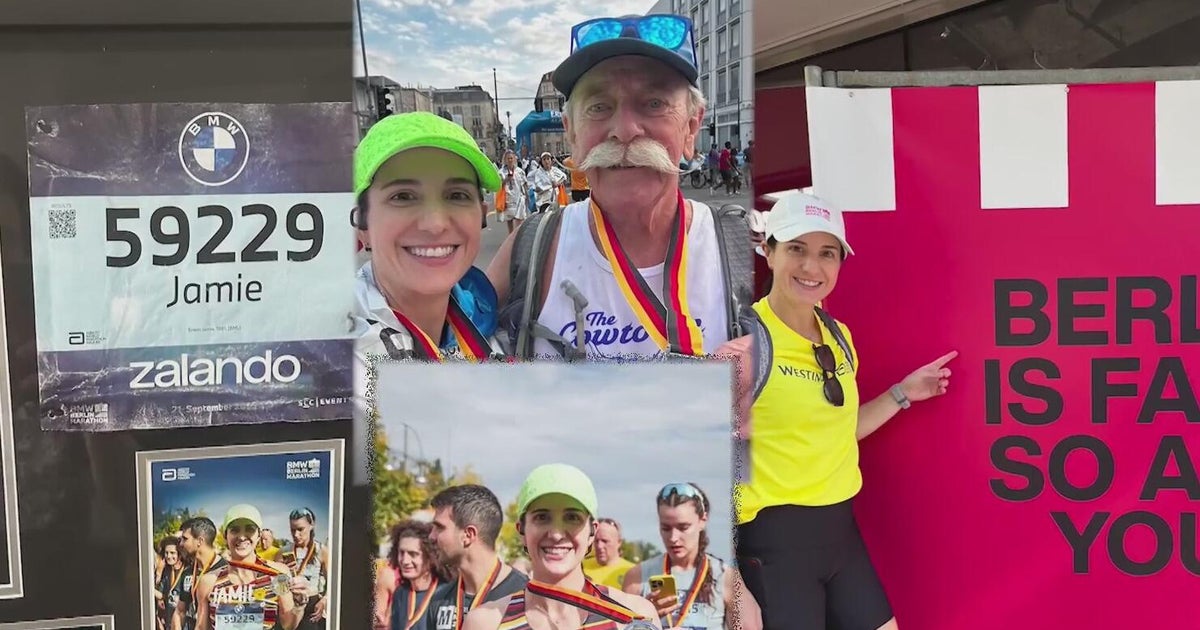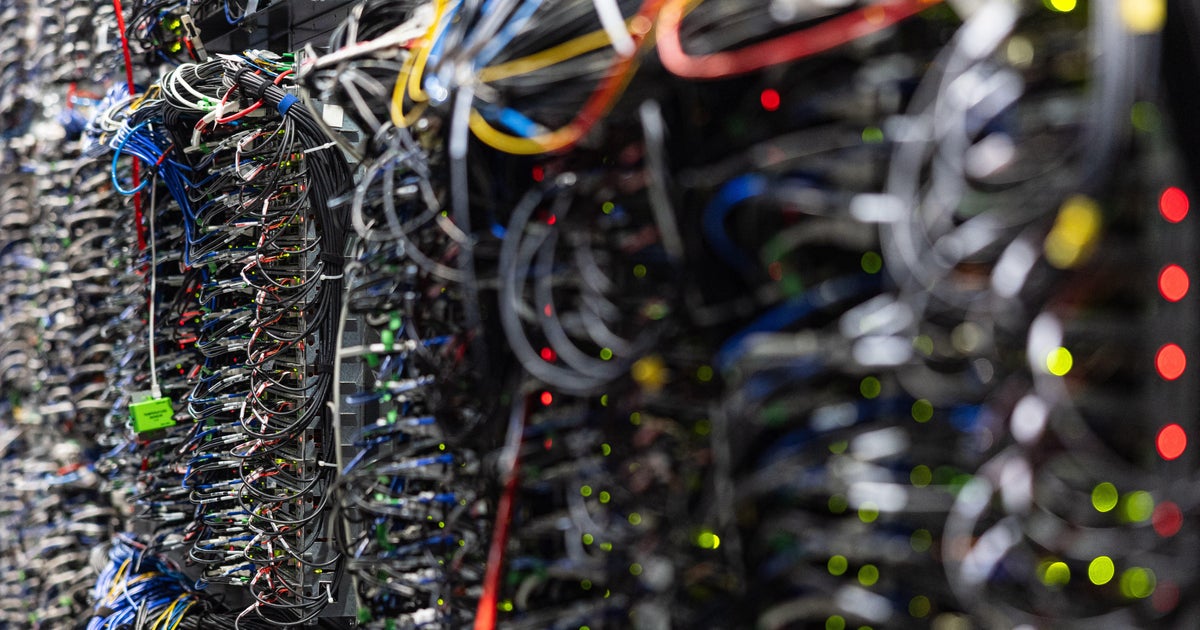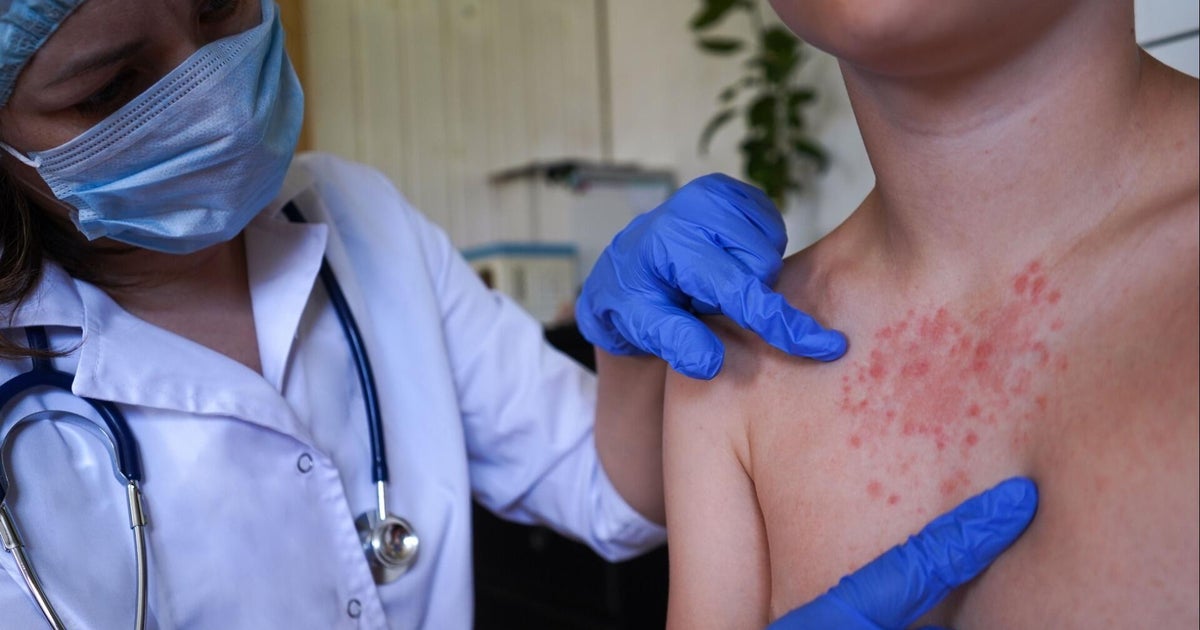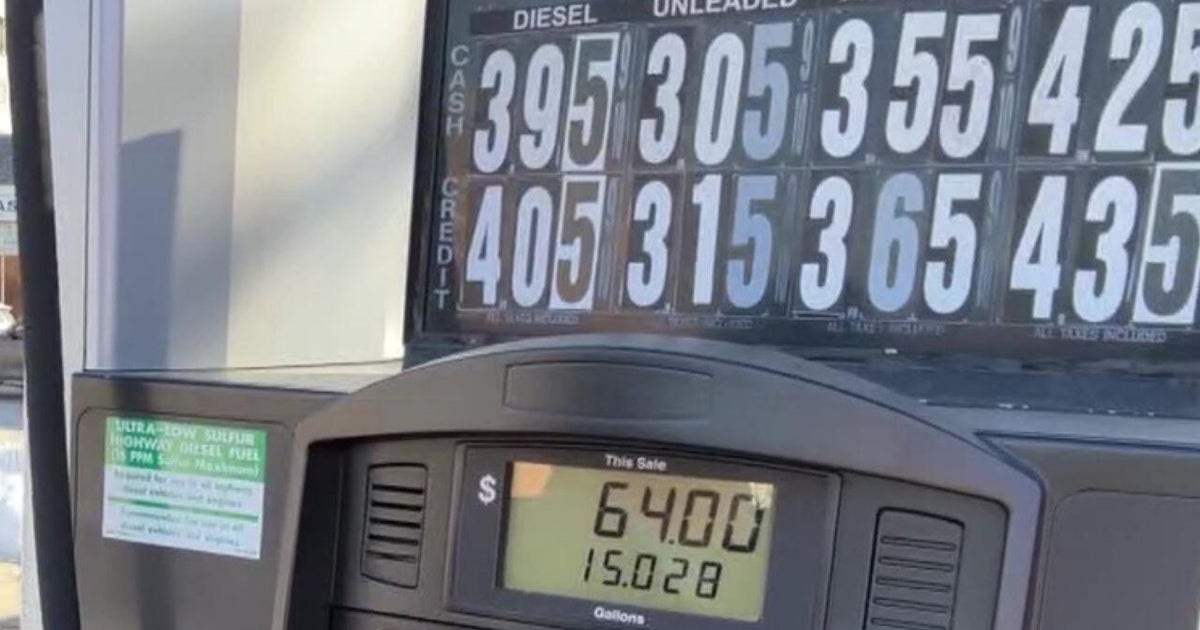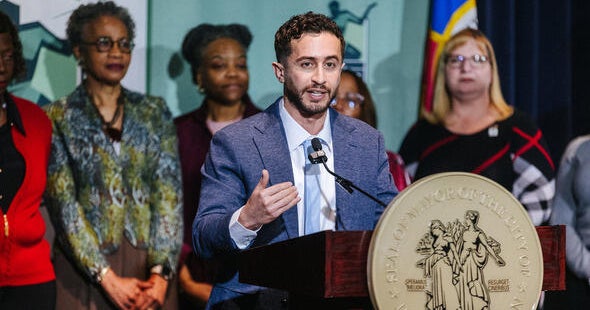Doctor concerned about caffeine in PRIME energy drink backed by Logan Paul
PHILADELPHIA (CBS) -- A popular new energy drink has one U.S. senator sounding an alarm. Senate Majority Leader Chuck Schumer (D-N.Y.) wants the FDA to look into the high caffeine levels in PRIME, the energy drink backed by influencer Logan Paul.
A 12-ounce can of PRIME has 200 milligrams of caffeine, which is the same amount of caffeine as six cans of Coke, or nearly two 12-ounce cans of Red Bull or two cups of coffee.
Dr. Rob Danoff of Jefferson Health joined CBS News Philadelphia on Tuesday morning to discuss the concerns about the drink.
Danoff says people should be concerned if they drink one of these cans at once. He also said parents are often unaware of the caffeine content in the drinks.
"Kids are most sensitive to caffeine, more so than adults," Danoff said. "But I can tell you about a third of all teens are drinking these caffeinated products on a regular basis. Even though PRIME says it shouldn't be 18 or below, they shouldn't have it. A lot of kids are still having that or other energy drinks, and it's a concern."
Danoff warns that the amount of caffeine in a PRIME energy drink can cause sleeplessness, anxiety, mood changes and even extra heartbeats.
"Those are some dangerous signs," he said. "What happens is people don't realize that kids are taking this on a regular basis and then if they don't take it, they get this energy drain but they still have trouble sleeping."
Danoff claims it takes between six and 12 hours for a drink with 200 milligrams of caffeine to clear out of a person's body. He said that it's not just the caffeine levels that are a concern but also that the drink contains artificial sweeteners.
"So take a kid, first of all, it's going to deteriorate how they're going to do in school because they're going to have trouble sleeping," Danoff said. "The number one cause of fatigue is a lack of sleep. So they're taking these energy drinks, then they can't get to sleep, then they're tired in the morning, then they take more energy drinks so it's a problem."
According to Danoff, this type of caffeine load increases heart rate and blood pressure.
"A lot of people take these things and work out," he said. "This can be dangerous."
Danoff says he hopes the energy drinks won't be sold to kids and parents educate themselves on the caffeine levels in the drinks. He says teenagers should have no more of 100 milligrams in a day and children 12 and under should have no caffeine.
There is also a PRIME hydration drink that has no caffeine.


